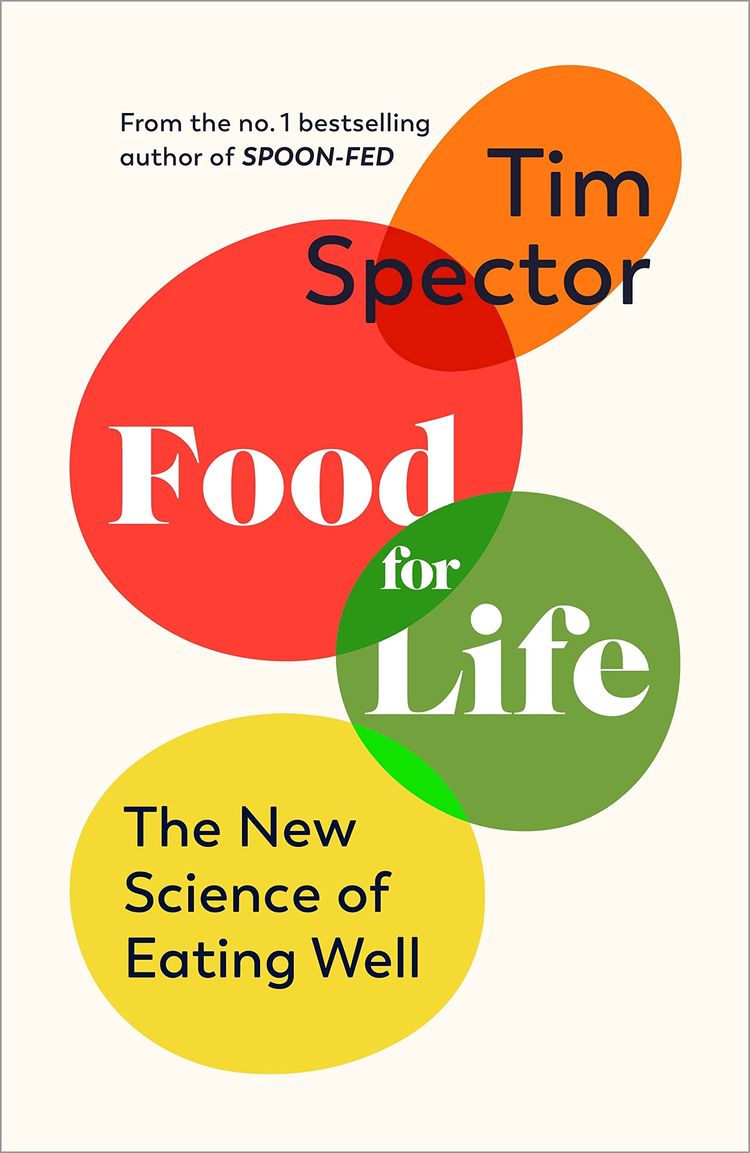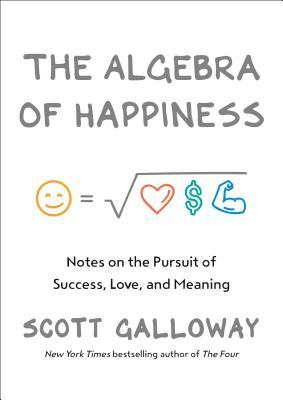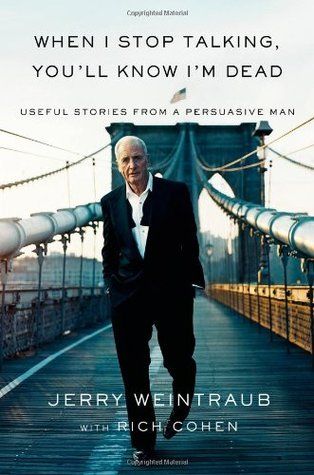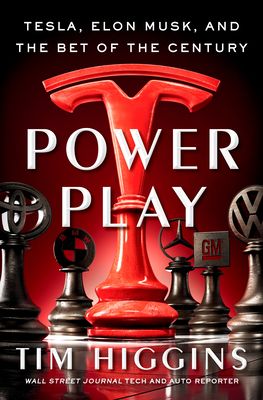The Longevity Solution by James DiNicolantonio & Jason Fung
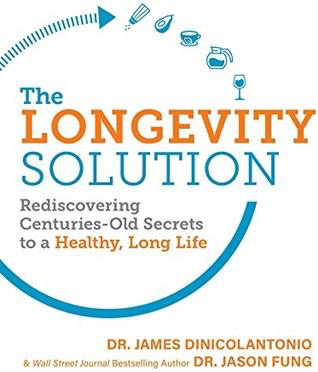
My Rating of “The Longevity Solution” by James DiNicolantonio & Jason Fung: 9 / 10
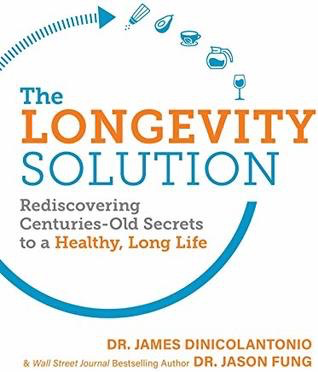
Many reviews on this blog demonstrate the focus I have on learning about nutrition and wellbeing. In the past it was exercise and resistance training, yet I have had more success on my overall wellbeing by focusing on nutrition. The Longevity Solution focuses primarily on this sweet spot; where the foods you consume activate various hormones that impact both positively and negatively on aspects of aging and disease. It’s certainly a different angle to what I have typically read in this area.
Many reviews I looked at on Goodreads and Amazon mentioned that many aspects of The Longevity Solution have been covered in other books. Whilst I agree this is sometimes the case, the book needs to introduce these concepts. It essentially provides the building blocks of how to improve longevity. It does cover some complex topics therefore it is beneficial to have a little background into nutrition; although not necessarily required. DiNicolantanio and Fung cover the impacts of mTOR on aging, what and how much protein you should consume and intermittent fasting. It then finishes with educating the reader on the benefits of common foods such as tea, red wine and coffee.
After read many health books recently, The Longevity Solution provides one of the best board brush approach on what you should eat, how much of it and why it makes sense. It was a fascinating read and I learned a lot about longevity even though I have read many books about wellbeing previously. It’s a relatively quick read and highly beneficial.
Three+ key takeaways from the book:
- The concept that aging is the accumulation of damage due to a decreasing ability to repair it. Conversely, calorie restriction with adequate nutrition is the most effective anti-aging intervention currently known.
- Eating one protein meal (known as protein pulse feeding) is more effective than distributing the protein equally over the day. The author’s recommendation is to aim for a balance of 50% animal protein and 50% plant protein.
- Coconut oil can significantly raise HDL cholesterol increasing overall total cholesterol. I’ve seen this happen to me after introducing coconut oil to my diet.
- Salt (an extra takeaway). Our intake of salt is way less than we should be in our diet. Although reducing salt does help in reducing blood pressure it doesn’t have a connection with heart disease. In fact the authors reflect on data from both the 1812 war and WWII where salt intake was much higher given lack of refrigeration. In both case they were consuming up to 18 grams of salt a day yet there was no concern on excess deaths from heart disease, stroke or kidney disease.
